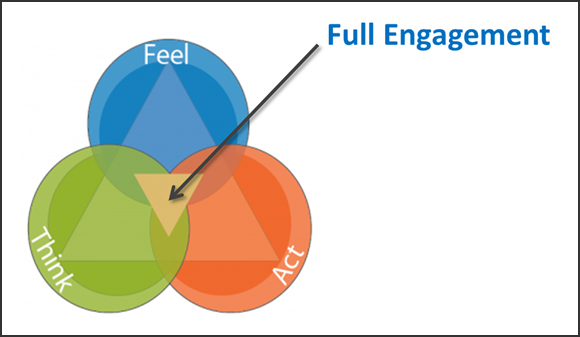WHY Coaching?
Challenges and Opportunities
War for talent, engagement and knowledge management are becoming more and more critical to organizations today. Corporations are constantly facing realities of:
Jane Greene and Anthony Grant wrote in their book Solution-focused Coaching: We are moving from an industrial era in which wealth lay in raw materials, machinery, goods – what Karl Marx called “the means of production” – into a world where wealth and power lie in ideas, imagination, knowledge and the information you control.
These realities can be challenges. They can also be opportunities. What to do about it?
While change is forced upon us, we also need to promote change and foster new growth. Leaders and organizations need to think how to foster change and growth in the new era.
“People are our most important asset”
For many years, this assertion has figured prominently in corporate brochures and management speeches. It is so true, but in reality only a few small fraction of firms put this asset into its full use. This is probably because people are the most complicated and uncontrollable factor in corporate success. People are not machines – they have their own thinking and feeling, which makes it difficult to “control” their behavior and to fully engage them.
Only when people’s thinking, feelings and behaviors are well engaged, can the intelligence and power of people be fully utilized as the best assets. This becomes particularly apparent with the rise of the Y generations in the workforce, as these young generations naturally expect to actively participate in a variety of tasks and meaningful work within a more creative, self-directed and continuous learning work environment.
Coaching has great impact on people engagement and talent development because it is effective in helping people develop their capacity to THINK initiatively, creatively and strategically; it also engages people to FEEL motivated through its supportive approach; and thus creates an environment for people to ACT effectively and wholeheartedly.
What is in it for the leader?
It is obvious that coaching benefits the people being coached – but what about the leader? If you are a busy leader/manager, can you afford the time and effort required, when you already have plenty of other demands to cope with?
Coaching is not a case of ‘giving up’ your time and energy to helping others achieve their goals and solve their problems – it will also benefit you as leader or manager in the following ways:
A more committed team
Empowerment is a powerful motivator. When you make a genuine effort to include people in setting their goals, making decisions and implement their own ideas, they are likely to become more committed and focused at work.
Higher and more lasting team performance
Because of its dual functions of managing performance and developing people, coaching leads to better individual and collective performance. With people’s competence developed through coaching, it’s more likely for the team to achieve even higher performance.
Positive working relationship
Good coaching promotes trust and collaboration, and leads to better working relationships and environment, where work is done easier and becomes less stressful and more enjoyable for all concerned.
Better information and decision-making
Managers in the fast changing economy nowadays do not always have the right answers. You need to rely on your people to make the best decision. On the other hand, if you are genuinely coaching people in an open spirit, people will feel more confident in coming to you – including telling you the ‘bad news’ when there is still time to do something about it.
Investing time to gain time
There is no doubt that in the short term it is often quicker to ‘take charge’ and give orders instead of coaching. That is fine for ‘firefighting’, but in the long term, the more you direct, the more people will rely on you for directions, and the more of your time will be swallowed up by it. If you invest time in coaching however, over time your people will require less and less direction, and you will be confident in delegating more and more to them.
The impact on organization
Coaching fosters learning in a supportive way. When a leader continuously uses coaching in formal and informal occasions to draw out people’s potential, the other managers and employees will start to learn and follow the way. With time and consistency, you may be pleasantly surprised at the growth of the organization in its positive learning capacity.
Studies and surveys with senior executives show that companies that provide coaching to their executives realize improvements in productivity, quality, organizational strength, customer service, and shareholder value. This is because coaching has great impact on people-related areas, including:
Overall, coaching has proven to improve individual and business performance in both short term and long term perspectives.
